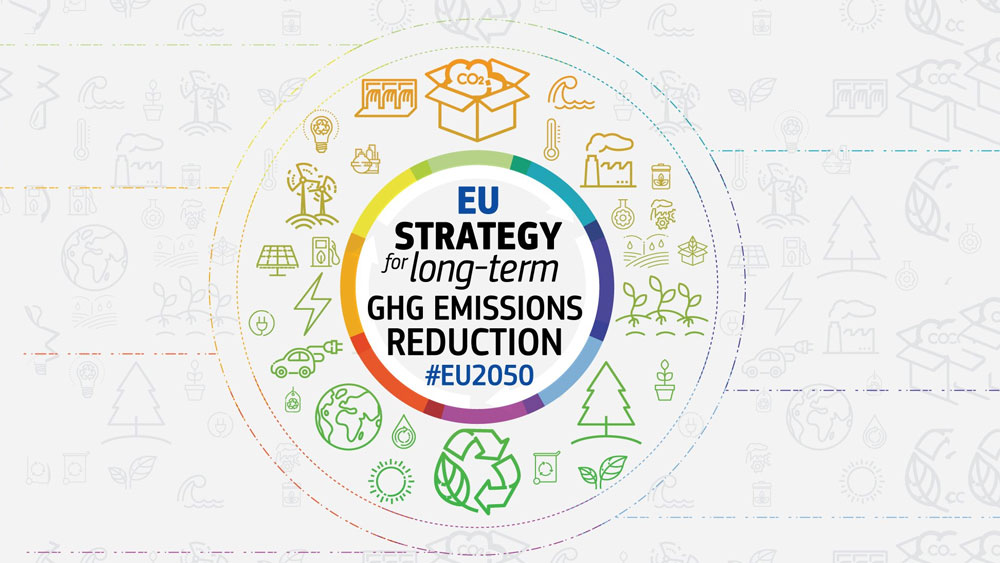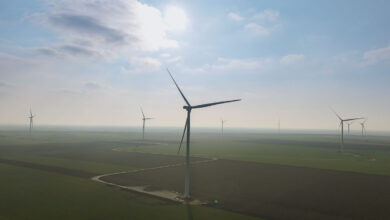Public consultation on the strategy for long-term EU greenhouse gas emissions reduction
The European Commission has launched a public consultation on a strategy for long-term EU greenhouse gas emissions reduction. All interested citizens and stakeholders can send their contributions by 9 October 2018.
In March 2018, EU leaders asked the European Commission to present, within 12 months, “a proposal for a strategy for long-term EU greenhouse gas emissions reduction in accordance with the Paris Agreement”. This followed a similar request form the European Parliament.
The public consultation will feed into the Commission’s deliberations for a strategy that will reflect on a long-term vision for a modern European economy for all Europeans and the opportunities and challenges that a long-term decarbonisation implies.
The consultation aims at:
- Collecting views and opinions on the technological and socio-economic pathways that should be explored for a long-term EU greenhouse gas emissions reduction strategy;
- Gathering factual information, data and knowledge, including drivers, opportunities and challenges relevant to the long-term strategy.
The consultation covers the views of citizens and other stakeholders on the types of transformations required, level of ambition and key actions to achieve it – including interactions with other ongoing transformations, the societal and economic opportunities and challenges, the role of the consumer and the need for investment and innovation. It will also address technical questions on the potential of some mitigation options.
The consultation follows a high-level stakeholder consultation event held in Brussels on 10-11 July 2018.
The Commission aims to put forward its strategy proposal ahead of the next UN climate conference (COP24) taking place in Katowice, Poland in December 2018.
The EU is on track to achieve its 2020 targets and is currently putting in place policies to reduce greenhouse gas emissions by at least 40% in 2030 and achieve high level of ambition in energy efficiency and renewable energy (the so called energy and climate framework for 2030). The policies, legislative instruments and support programmes from the European budget will put the EU on a trajectory compatible with the Paris Agreement, but further measures are needed for the time after 2030.



